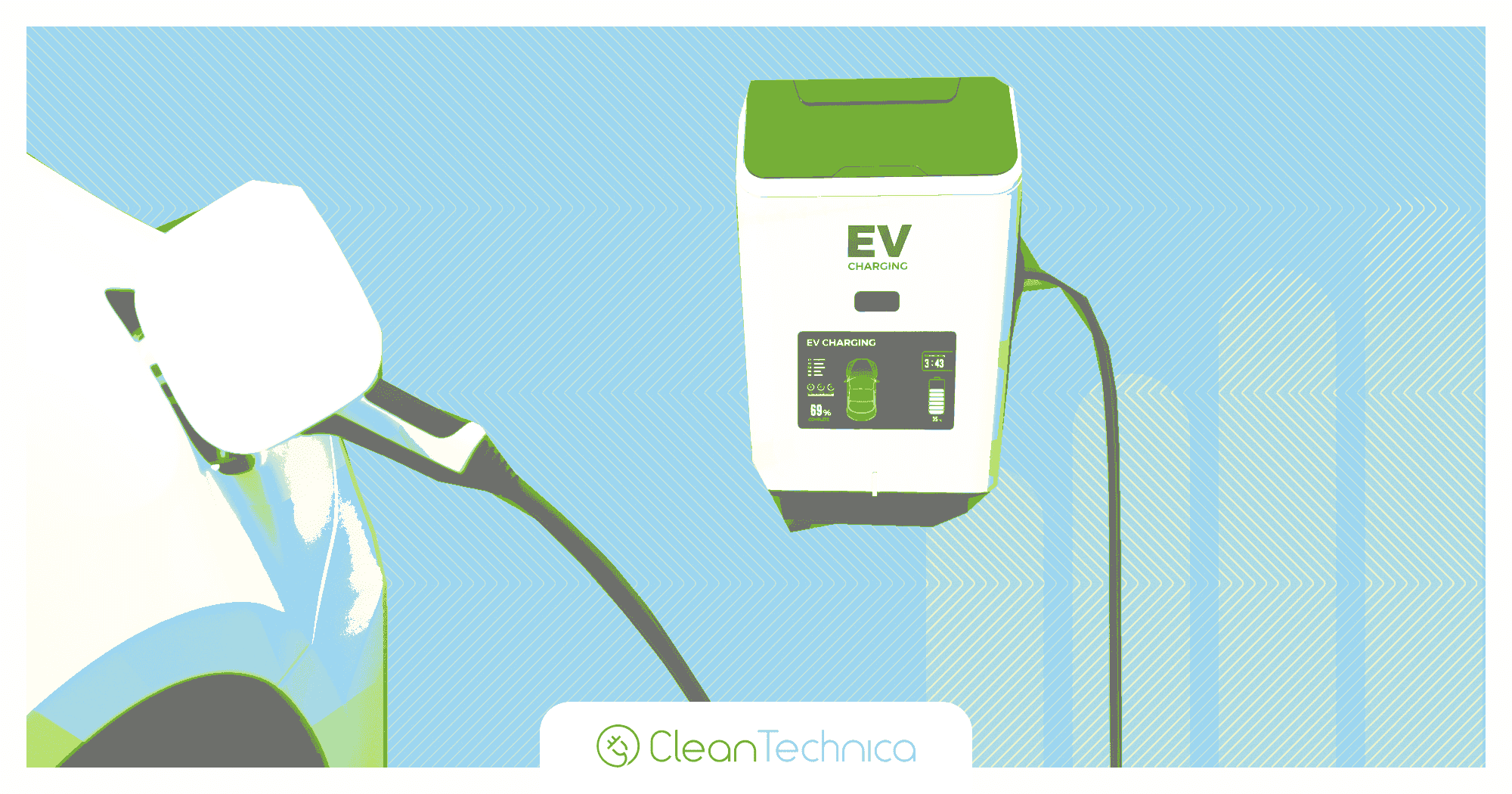
VMT — which stands for vehicle miles traveled — is a better way to pay for American roads and highways. Let’s pretend for a moment that you are the emperor of a country. Your loyal subjects want good roads to drive their cars, trucks, and buses on, but roads cost money. Not only are they expensive to build, they are expensive to repair. Bridges and tunnels deteriorate and have to be replaced. The roads need to be plowed in the winter and the pavement markings have to be repainted every once in a while. All in all, roads cost you a lot of money.
You could just call the Royal Treasury and direct the officials there to pay whatever is necessary. Or you could ask drivers to pay for the cost of a functioning transportation system according to the impact they have on it. Those who drive more miles or use heavier vehicles should pay more. That only makes sense.
But that’s not how things are done in America. The federal fuels tax — 18.4 cents for gasoline and 24.4 cents for diesel — is supposed to pay for national roads, even though it has not been raised since October 1, 1993 because the members of Congress are too frightened of the American public to bring it in line with inflation. Has the cost of living gone up for you in the past 30 years? Oh, you betcha. But governments have the benefit of magical thinking, and so they are free to ignore reality.
The oil companies and the auto manufactures are none too happy to see those taxes raised either, as higher prices at the pump would discourage people from buying the big, thirsty vehicles they love. The same logic applies to the states, where lawmakers are just as feckless at those at the national level. And so, much of the money to build new roads and keep them in good repair comes from the general treasury, and it’s a lot.
VMT And You
According to the New York Times, there is a provision buried in the 7,500 pages of the Infrastructure Investment And Jobs Act that provides funding to study the VMT concept. [Editor’s note: The VMT concept has been studied for decades. It was not a new concept when I was in graduate school for city and regional planning nearly two decades ago. The problem remains the same as it was then — who has the political strength and willingness to implement a VMT fee to replace or supplement the meager, insufficient gas tax? —Zach Shahan]
By focusing on miles driven, the VMT fee can be fine tuned to address all the social costs associated with driving. It can be increased during peak travel periods and in more populous areas, reducing congestion and improving safety. It can be varied depending on how green (or not) the vehicle is and can charge drivers according to the pollution their vehicles emit, says Clifford Winston in an opinion piece for the New York Times. He is the author of the book entitled Revitalizing a Nation: Competition and Innovation in the U.S. Transportation System.
He adds that the VMT system can be designed to reduce the considerable damage caused by heavy trucks. The gas tax encourages truckers to improve fuel efficiency by relying on vehicles with fewer axles — which increases road damage. A VMT fee can be varied depending on how much weight is being borne by each axle, which reflects the actual damage done to roads by each axle.
Advances in technology make a VMT fee for cars and trucks feasible. A mobile device can be installed on all vehicles to track time, location, and mileage, and the information can be sent to administrators who would then bill drivers the appropriate amount for their use of roads and highways. But what about privacy concerns? That’s a fair question and the answer is simple. Most of us carry an electronic device with us everywhere we go that tracks our movements 24/7. Many drivers already have a transponder in their cars that is used to pay tolls electronically.
And let’s be honest. Americans willingly forfeited any notion of privacy when THE PATRIOT ACT was passed after 9/11. So, let’s can the talk of privacy. There is no privacy in the digital world that we have embraced. Driving is a privilege, not a right. Nowhere in the Bill of Rights is there a provision that guarantees American citizens an entitlement to privacy, which is why the Supreme Court had no trouble overturning the Roe vs.Wade ruling, in which a prior court said it had found a right of privacy was inherent in America’s founding document.
A Less Expensive Way To Pay For Roads
The cost of roads and bridges in America is more than $1 trillion a year. Establishing a VMT fee would achieve the government’s goals for far less money that what is presently spent on the nation’s roadways. It would encourage people not to drive during periods of high traffic density just as time-of-use tariffs encourage drivers of electric cars to charge their batteries during off-peak hours.
Spreading traffic out over the course of a day would reduce the pressure to build more and more traffic lanes, which frequently only make congestion worse. A VMT plan would also encourage travelers to use electric vehicles, accelerating the transition to a clean energy economy without large subsidies.
Watson contends that a VMT fee could also help the US prepare for its transportation needs in the future. Travelers and shippers will almost certainly eventually use autonomous electric vehicles that operate efficiently and safely without a driver to reach their destinations. Those vehicles could communicate electronically with other vehicles to avoid collisions, and even with the highway infrastructure to maintain smooth traffic flow.
What fairer way could there be to pay for roads? People would pay for the miles they actually travel, not some statistical average dreamed up by bureaucrats. The way things are now, some drivers pay too much and some pay too little. It’s time to fix that.
VMT And Politics
So, is any of this happening? Actually, no. Although there is funding provided in the Infrastructure Investment And Jobs Act, there has been little to no forward progress on implementing a VMT trial. Watson says US policymakers have historically favored inefficient, large spending programs because it is more politically attractive to spend money to build roads and to attend ribbon-cutting ceremonies than it is to charge road users for the social cost of their transportation.
The issue is politics. “The most likely outcome,” Watson says, “is that policymakers will let the clock run out by allowing the 2024 elections to take precedence over everything else. Support for testing and establishing a VMT fee might be resurrected after the elections, or it might be done in future decades to help upgrade the infrastructure to facilitate autonomous vehicles operation. It would be socially desirable to put a VMT fee in place as soon as possible, but like many important policies, some legislative actions do not even get out of the starting gate even though the future pleads for them to be carried out now.”
Is the VMT proposal a smart idea? Certainly, the way states determine annual registration fees now bears no relationship to reality, with some states slapping EV drivers with fees up to $1,000 a year just because someone with a large lobbying budget thinks it’s a good idea. A VMT fee is a rational solution to a perennial problem — how to pay the cost of roads and highways. But is there any place left in American politics for rationality?
I don’t like paywalls. You don’t like paywalls. Who likes paywalls? Here at CleanTechnica, we implemented a limited paywall for a while, but it always felt wrong — and it was always tough to decide what we should put behind there. In theory, your most exclusive and best content goes behind a paywall. But then fewer people read it! We just don’t like paywalls, and so we’ve decided to ditch ours. Unfortunately, the media business is still a tough, cut-throat business with tiny margins. It’s a never-ending Olympic challenge to stay above water or even perhaps — gasp — grow. So …



